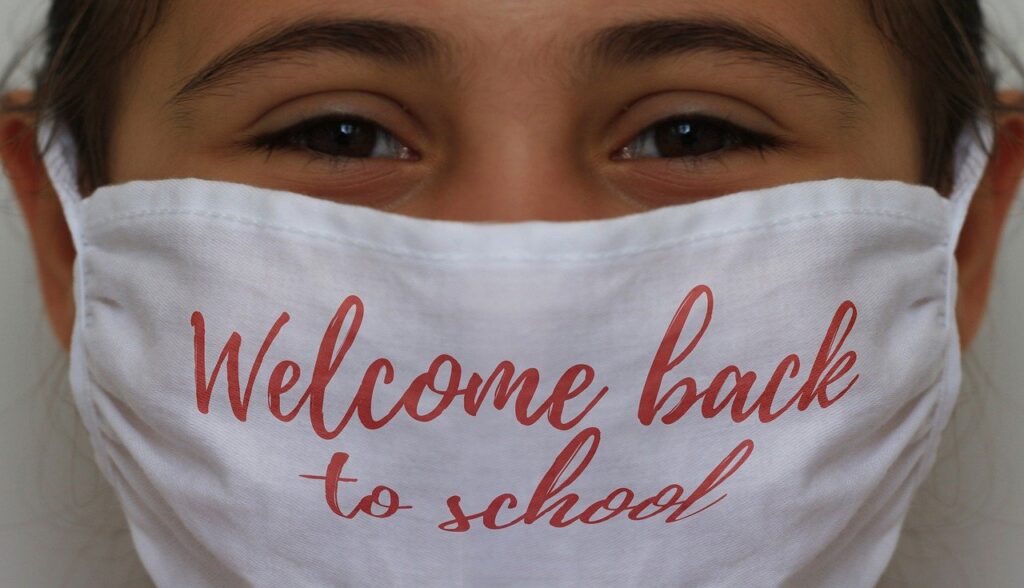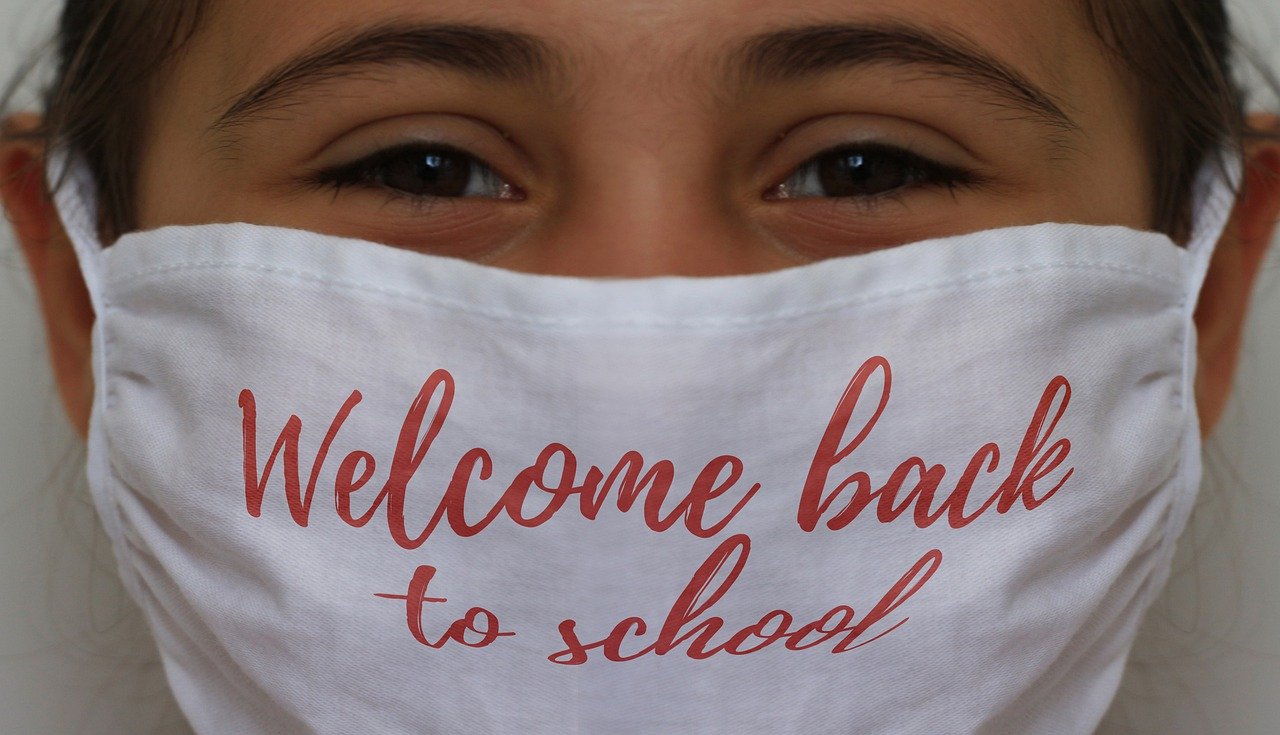Last week, U.S. Secretary of Education Betsy DeVos told states not to expect a waiver on state assessments this year. Some in education will surely push back with the argument that COVID-19 upended metrics historically used to hold schools accountable — student performance and engagement in particular — and, as a result, schools can’t be held accountable at all.
But the question of assessing students shouldn’t be if testing should happen (and yes, states should give assessments this school year), but rather how should we assess teaching and learning in COVID-19 and beyond.
For charter schools, authorizers can and must continue to hold schools to high standards, especially in this time of uncertainty, by assessing school performance using new metrics and existing metrics defined in new ways; and by rethinking the authorizer role in helping schools meet the needs of students and families.
Assess school performance using new metrics and existing metrics defined in new ways
Authorizers historically measured school performance using proficiency and growth on state-level annual assessments. But real questions exist on what a missing year of data nationwide means for comparing data from previous years. Similarly, past student engagement metrics, previously measured through attendance, or student’s physical presence in the classroom, aren’t possible in a virtual environment.
Authorizers have choices for how to move forward with accountability: they can explore new metrics or redefine existing metrics in new ways. A new suite of resources from Bellwether Education Partners and National Association of Charter School Authorizers (NACSA) walks authorizers through the relevant questions and considerations for pursuing both options. Bellwether also released a report and related toolkits on “nontraditional” charter schools — those with models that don’t quite fit traditional authorizing practices, such as Montessori or dual-language programs — that provide guidance for authorizers. These resources outline how authorizers can redefine student engagement, for example, as attendance in a virtual classroom rather than a physical one, or they can explore new engagement metrics, such as student completion of key daily objectives or projects.
Rethink the authorizer role in helping schools meet the needs of students and families
Authorizers perform a range of functions to support charter school quality, but accountability is the foundation of their work. By design, authorizers close low-performing schools and replicate or expand high-performing schools. But this blunt approach is inappropriate in the time of global pandemic, and barely possible given the aforementioned challenges with data. As such, authorizers need to rethink how they ensure that the schools in their portfolios are high-quality or improving.
Authorizers should consider taking on a support role to schools, serving as a thought partner as schools figure out what effective distance learning looks like. Supporting schools does not mean that authorizers should be overly prescriptive. Rather, authorizers must preserve school autonomy and continue to create space for new school models and strategies.
Authorizers can also consider granting schools flexibility where possible so that schools can adapt to changing learning needs. The Indiana Charter School Board, for example, made it easier for charter schools to amend their contracts for the 2020-21 school year to give schools the flexibility to change their models in response to COVID and the need for virtual learning pathways.
Finally, authorizers should consider leaning more heavily on informal mechanisms of accountability. The DC Public Charter School Board (DC PCSB), for example, holds meetings between the authorizing board and the board of an individual school (known colloquially as “board-to-boards”). In these meetings, DC PCSB discusses items like the school’s contract, DC PCSB’s performance management framework, as well as emerging areas of concerns — even if those areas are outside of formal contracts and frameworks. These meetings allow the authorizer to express concerns and discuss them candidly; they also allow school leaders a chance to discuss any misalignment between standard metrics and current circumstances. In the time of COVID, when the only constant is that circumstances will change, relationships between authorizers and school leaders are crucial.
To be clear, there are no perfect metrics for holding schools accountable — that was just as true in the pre-pandemic world as it is now. Schools are facing intense challenges in adapting to learning in the era of COVID, but students and families still need high-quality education options. Authorizers must continue to use available and new data to support school quality and provide support to schools and students during this uncertain time.
September 9, 2020
The Accountability Wars Are About to Begin
By Bellwether

Share this article